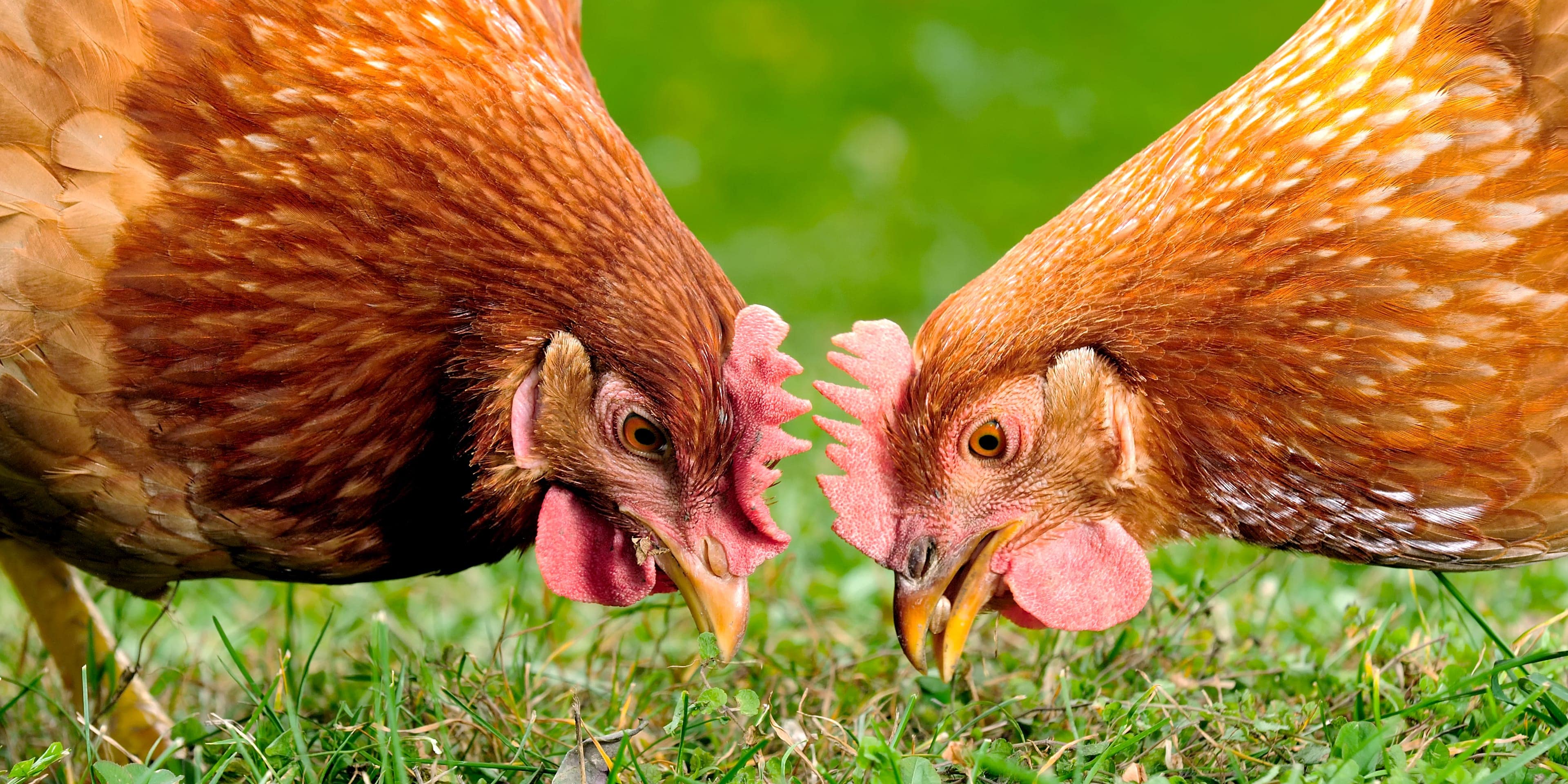




We take a look at the link between animal activism and mental health, and offer some tips on coping with mental health issues.

Mental health issues are on the rise and people working in the charity sector, or those who care about animal welfare, are reportedly affected at even higher levels.
With 1 in 6 workers in the UK reporting mental health issues at work (Mind), mental wellbeing has never been more relevant.
For animal activists, being involved in a cause that you care about can be difficult. Whilst many don’t know about, or choose to ignore, the suffering of animals on factory farms, many vegetarians, vegans and animal activists are all too aware. Being faced with overwhelming suffering, in a world where animal abuse is the norm, can take its toll and what’s known as ‘compassion fatigue’ can set in.
Added to this, people often have to cope with mockery and even abuse from others about their choices.
A dreamer is one who can only find his way by moonlight, and his punishment is that he sees the dawn before the rest of the world.
~ Oscar Wilde
The empathy and awareness that animal activists have has pushed the growth of veganism and the animal welfare movement forward. But in order to make a difference in the world, you have to give yourself permission to put yourself first. You cannot ‘pour from an empty cup.’ And there are things you can do to ensure you’re putting your wellbeing first, so that you can be a stronger voice for the animals.
Join with other activists, and non-activists
The proverbial saying, 'a problem shared is a problem halved' really is true. By talking through your feelings, or by simply being around other people with shared values, you can feel validated, motivated and less alone. There are plenty of ways to connect with fellow activists, from joining local Facebook groups to volunteering for an animal welfare organisation, like The Humane League UK.
However, it’s also important to give yourself time out from the movement so that it’s not your permanent focus. Connect with people with different interests, pursue other passions. It will mean that you come back with a clearer head and more perspective.
Change your diet
If you care about animal welfare, but are not already vegetarian or vegan, studies have shown that switching your diet can have a positive effect on your mental health.
A 2012 study split omnivores into meat, pescetarian and vegetarian diet for a trial and in the vegetarian group they reported less stress, tension and anxiety¹. Many vegetarians report their wellbeing and happiness increasing after the switch². Whether this is due to a link to physical health, or simply feeling like you are making a personal impact on animal suffering is unknown.
If cutting out animal products entirely is too difficult, try reducing your intake little by little.
Taking Action
There is new anecdotal evidence appearing that taking action for a cause you care about, like the environment, can have a positive effect on your mental health.
For those that care about animals, the world we live in can sometimes seem frustrating, upsetting and cruel. Taking action through protesting, volunteering or online action can help by making you feel like you’re part of the solution.
Of course COVID-19 has had an effect on the action you can take right now. Our Fast Action Network allows you to take quick, online actions from the comfort of your own home.
Take time in nature.
There are numerous studies that show exposure to nature can have a positive effect on your mental health. There is even a programme where doctors can give green prescriptions to encourage people to spend time outdoors.
Taking the time out to walk in the woods, visit the sea or do some gardening can have so many benefits for your mental wellbeing.
Exercise
Exercise increases endorphin levels, giving you a natural high, to say nothing of the sense of achievement many feel when they’ve done some exercise. It doesn’t need to be extreme, just a level you can manage, and it should be fun.
Trying different sports, joining a team or do some yoga videos from home. Finding something you enjoy can help manage symptoms of mental health issues.
Practice connection
Self-awareness is so important if you’re suffering with poor mental health. Knowing your triggers and how to avoid them, or manage them can make a huge difference. Try meditating, yoga or mindfulness to connect with yourself and check in on how you’re feeling.
Seek help
Always seek professional help if you aren’t coping.
It is a strength, not a weakness, to know when you need help and to ask for it. And the more we talk about mental health, the more we realise that it is normal and that we are not alone.
References ¹ Beezhold & Johnston 2012 ² Linderman 2002

 Holly Spindler
Holly Spindler






